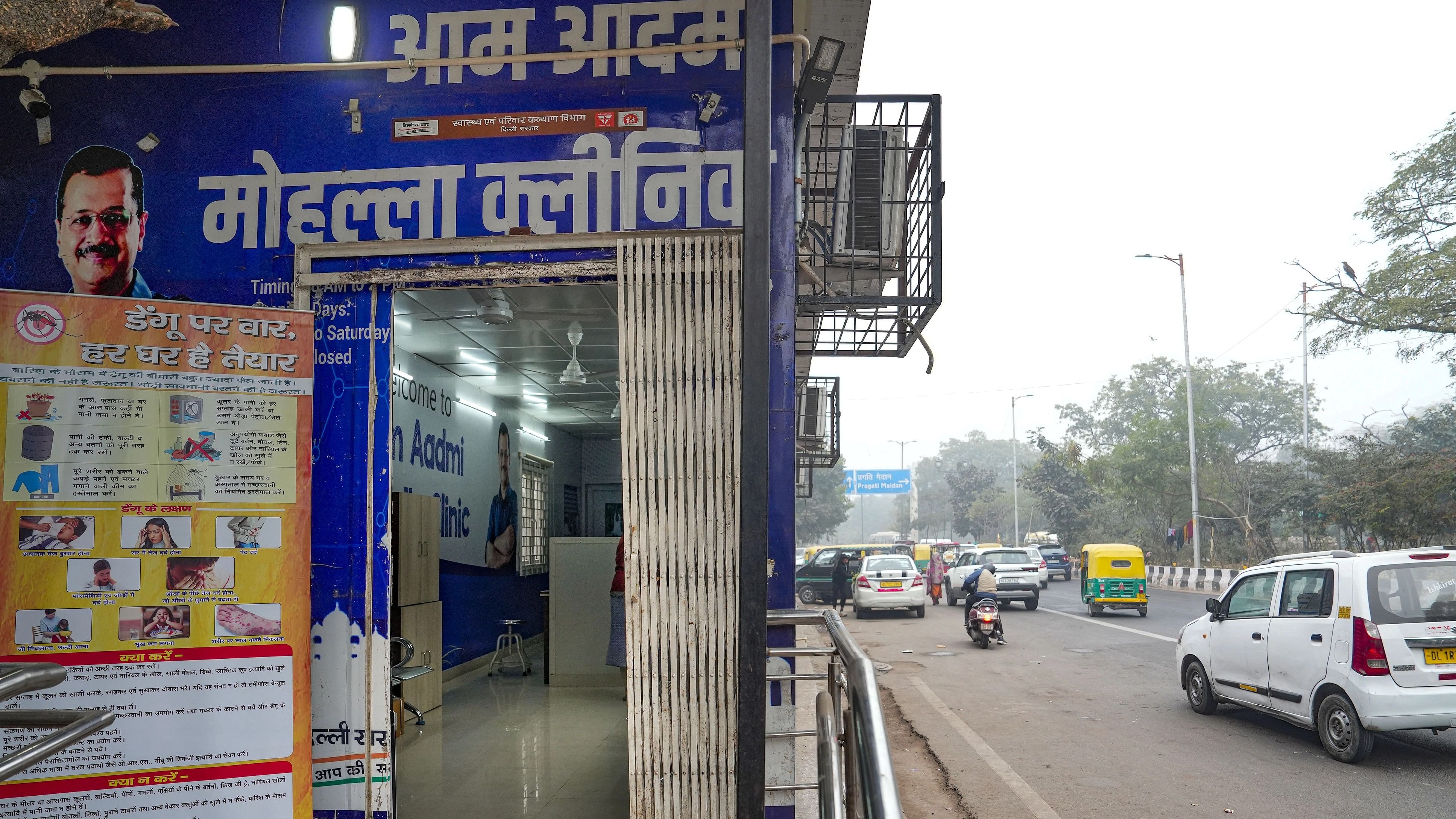
A Delhi government-run mohalla clinic at Nizamuddin, in New Delhi,.
Credit: PTI Photo
New Delhi: A preliminary inquiry by the Anti-Corruption Branch (ACB) of the Delhi government has revealed that 65,000 ghost patients underwent pathological tests at the Mohalla clinics through private labs during 11 months of 2023, officials said on Saturday.
Two private labs conducted nearly 22 lakh tests during February-December, 2023, out of which 65,000 were found to be fake, they said.
The labs were paid Rs 4.63 crore by the government for the tests conducted by them, they said.
However, AAP government sources said, “The Delhi government will not tolerate any kind of wrongdoing in the functioning of the Mohalla clinics or any other department. Strong action will be taken against the guilty.”
Last month, Delhi Lt Governor V K Saxena recommended a CBI probe into the reports of irregularities in lab tests conducted at the Mohalla clinics. The ministry of home affairs has directed the CBI to undertake investigation in the matter.
The private labs conducted tests allegedly on ghost patients who never visited any Mohalla Clinic, claimed an ACB official.
"It also emerged that the Lab Management Information System (LIMS), containing the name and mobile number of the patients, was also developed, operated and conveniently manipulated by the two private labs," he said.
The report has found that the two private vendors have “full control and access" over the data and system software and hence, the possibility of manipulation of data could not be ruled out, officials said.
The cost of conducting different tests at Mohalla clinics varied from Rs 100 to Rs 300.
The ACB, also through random tele-verification of mobile numbers of patients at both the private labs, found that a large number of tests were conducted on either invalid mobile numbers or mobile numbers not related to the patients, they said.
Analysis of one of the private laboratory's patient data showed listing of 12,457 tests with blank mobile numbers, 25,732 tests with "zero" mobile numbers, 913 tests with fake mobile numbers like 1, 2, 3 etc., and 2467 tests with mobile numbers repeated more than 80 times for different patients, showed the report.